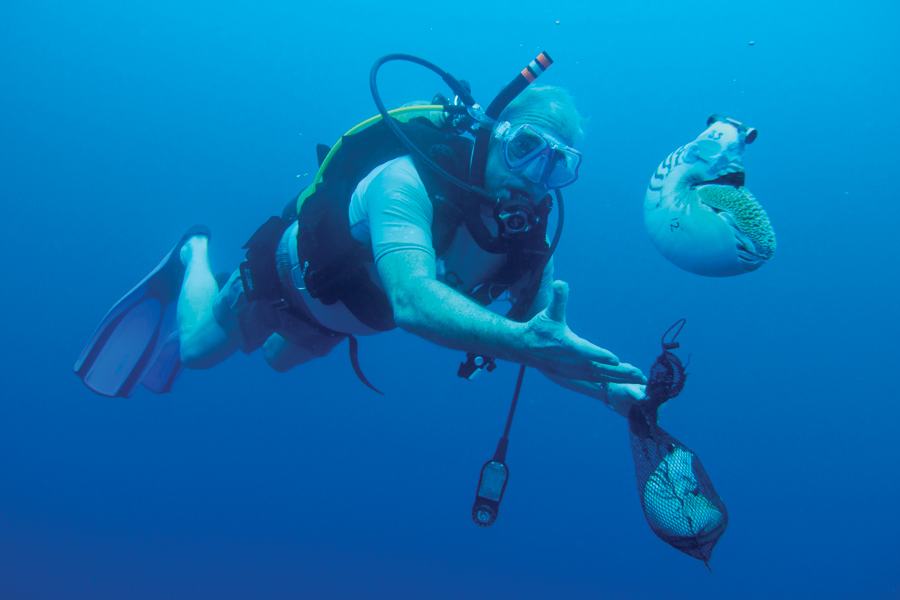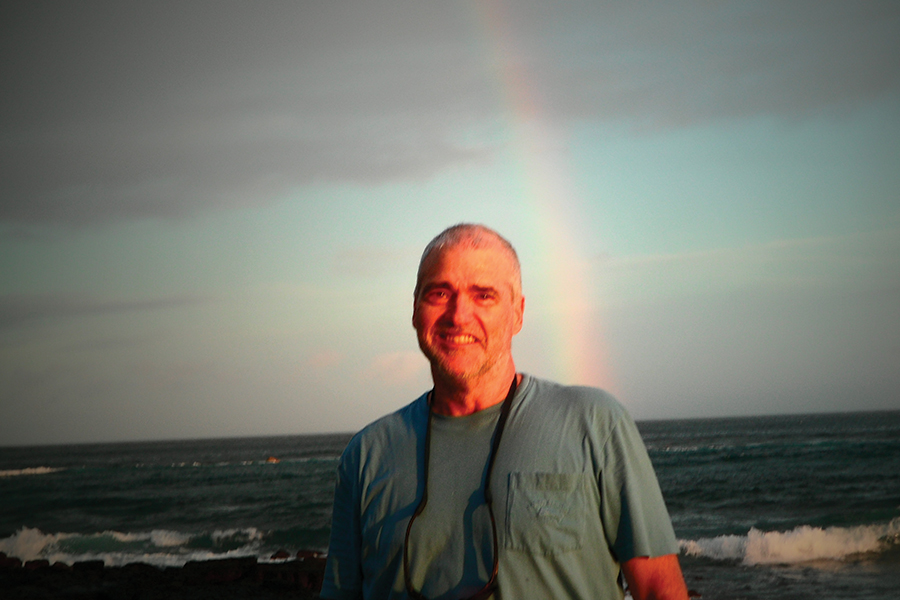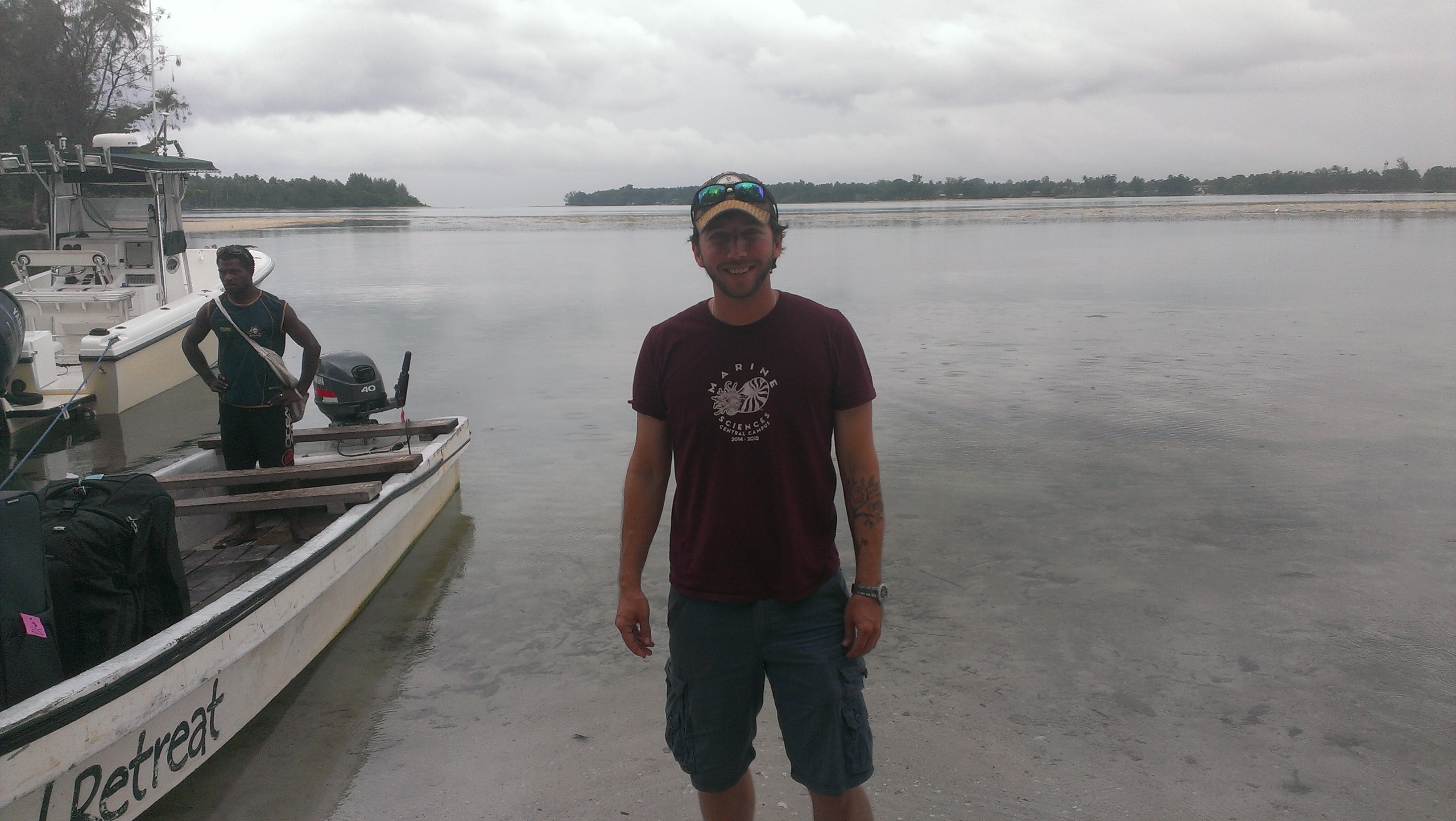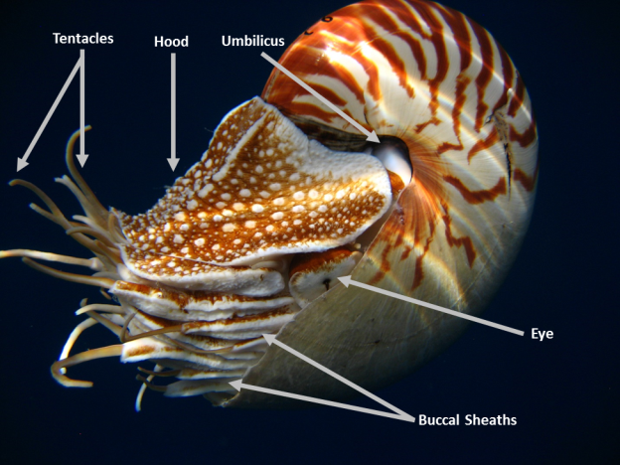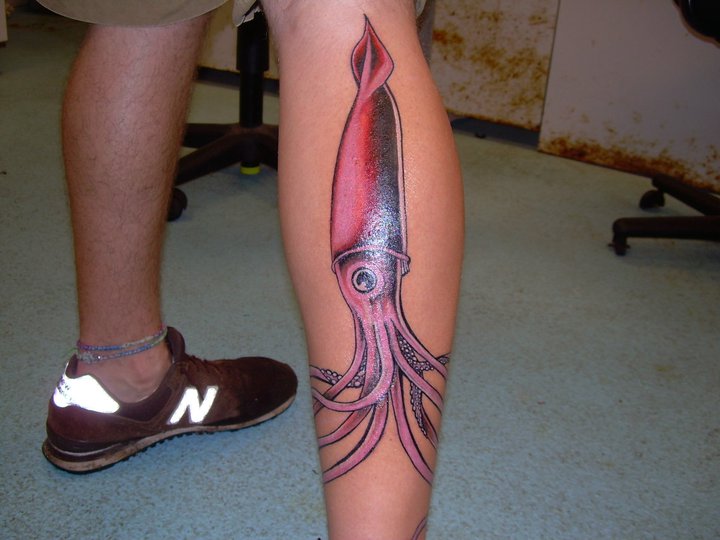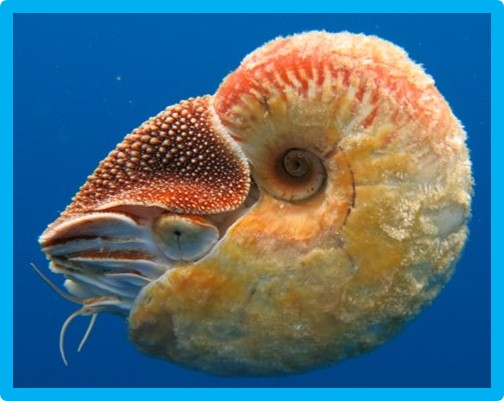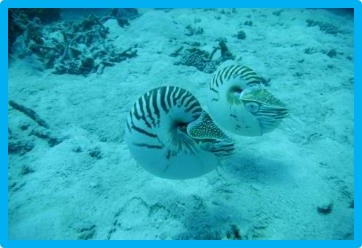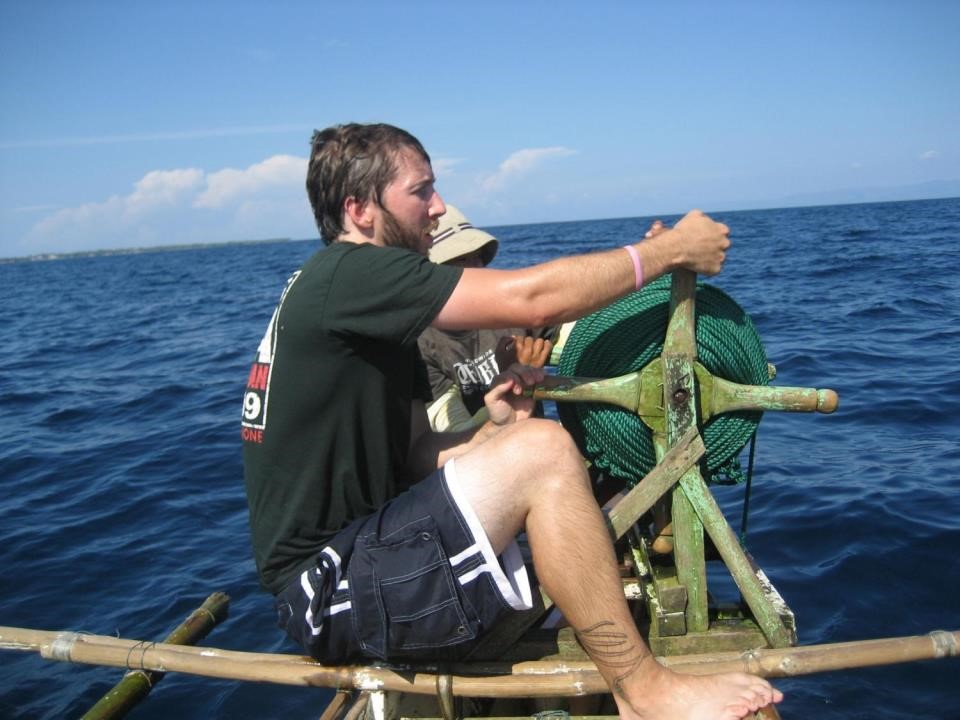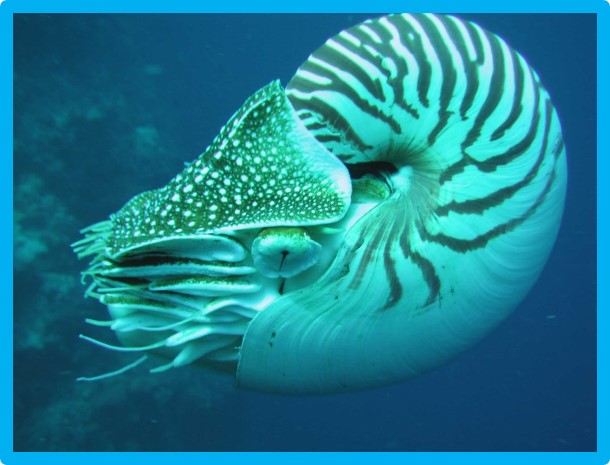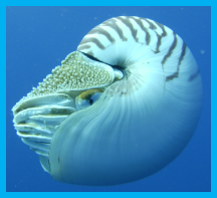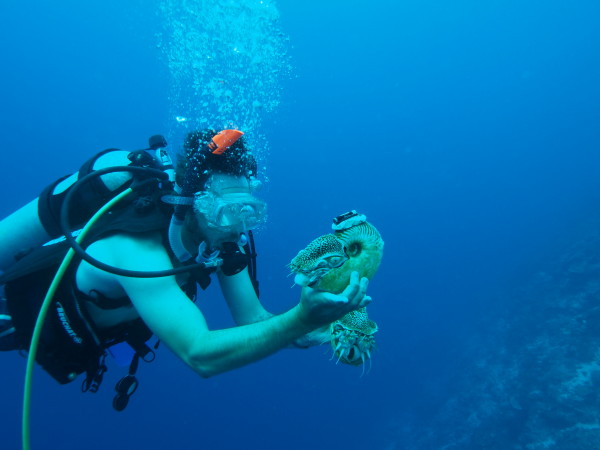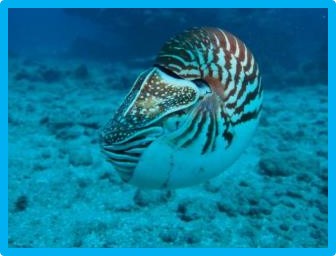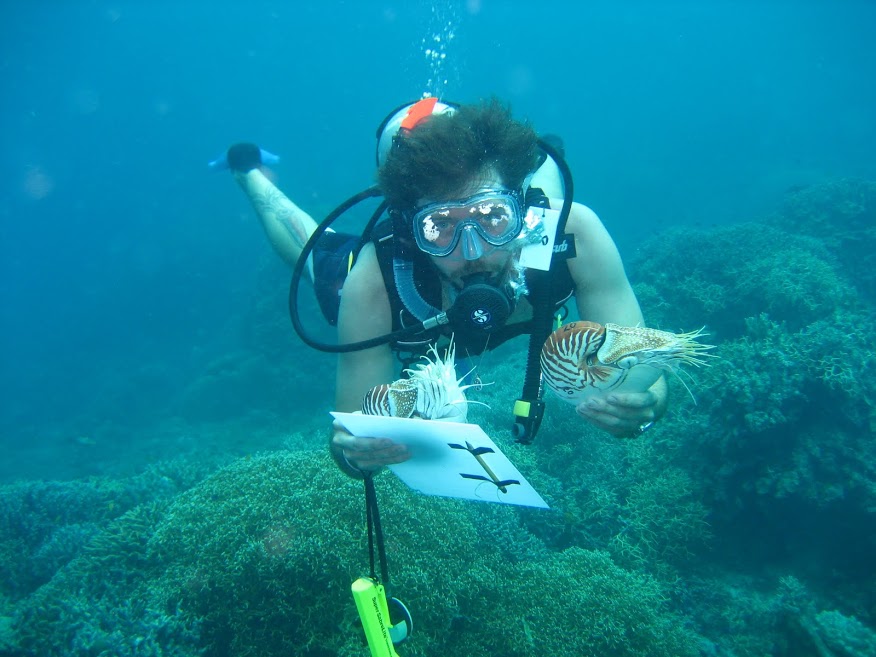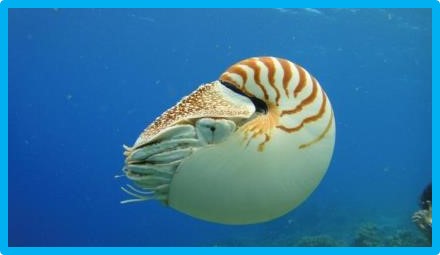
A Conservation Organization
Meet the Scientists
Save the Nautilus was started thanks to the efforts put forth by scientists & researchers. Josiah read an article in the New York Times about the potential extinction of the Nautilus – and he felt compelled to help. With friends, family, and the guidance of Dr. Peter Ward at the University of Washington, we are working to save the nautilus. We are so grateful for the work that these scientists do and all of the money we raise goes to help fund their research expeditions. None of the researchers are paid – all money goes directly to boat rental, gas and cost of actual supplies. This is a very home grown and grass roots effort which we hope will continue to grow.
Dr. Peter Douglas Ward
Paleontologist
Peter Douglas Ward is an American paleontologist and professor of Biology and of Earth and Space Sciences at the University of Washington, Seattle. Peter Ward conducts his research within The Environment Institute‘s Sprigg Geobiolgy Centre at the University of Adelaide.
Peter Ward has been active in Paleontology, Biology, and more recently, Astrobiology for more than 40 years. Since his Ph.D. in 1976, Ward has published more than 140 scientific papers dealing with paleontological, zoological, and astronomical topics.
He is an acknowledged world expert on mass extinctions and the role of extraterrestrial impacts on Earth. Ward was the Principal Investigator of the University of Washington node of the NASA Astrobiology Institute from 2001-2006, and in that capacity led a team of over 40 scientists and students. His career was profiled by the Pulitzer Prize winning reporter William Dietrich in The Seattle Times article “Prophet, Populist, Poet of Science.”
Peter has written a memoir of his research on the Nautilus for Nautilus magazine’s “Ingenious” feature entitled “Nautilus and me. My wonderful, dangerous life with the amazing Nautilus.”
His books include the best-selling “Rare Earth: Why Complex Life Is Uncommon in the Universe” (co-author Donald Brownlee, 2000), “Under a Green Sky: Global Warming, the Mass Extinctions of the Past, and What They Can Tell Us About Our Future” (2007), and “The Medea Hypothesis: Is Life on Earth Ultimately Self-Destructive?” (2009).
Areas of Interest:
Paleontology, Astrobiology, mass extinctions and habitability, conservation biology of coral reefs
Current Research Interests:
- Currently examining the nature of the Cretaceous-Tertiary extinction event with studies in France and Spain involving detailed fieldwork, which concentrates on ammonites and bivalves.
- Researching speciation patterns and ecology of the living cephalopods Nautilus and Sepia.
- His final field of research is examining the stratigraphic history of West Coast Cretaceous basins through detailed biostratigraphy and basin analysis.
Learn More:
Dr. Gregory Jeff Barord
Conservation Biologist
Greg was born in Katy, Texas but grew up in Phoenix, AZ. Like all people who grow up in a desert, Greg wanted to be a marine biologist and even at the age of 4, had told his Dad he wanted a PhD to study squid (later, he actually tattooed a squid on his leg!). He attended Texas A&M University at Galveston (2001-2005) where he obtained his B.S. in Marine Biology while also minoring in Chemistry. In Galveston, he also worked at the renowned National Resource Center for Cephalopods (2003-2008) and in the Quarantine Facility at Moody Gardens Aquarium (2006-2008). After his time in Texas, he traveled up to Alaska and worked aboard fishing vessels in the Bering Sea (2008-2010), collecting data for the National Marine Fisheries Service to monitor fisheries. While on a boat, he received a call (thankfully, there was cell phone service) that he had been accepted into the doctoral program at City University of New York – Graduate Center. There, Greg received his M.Phil. in Biology and completed his dissertation titled, “On the Biology, Behavior, and Conservation of the Chambered Nautilus, Nautilus sp.” Greg is currently a Conservation Biologistt for Save the Nautilus and the Marine Biology Instructor at Central Campus High School in Des Moines, Iowa.
Greg has worked with a variety of different species in different settings throughout his career but his passion is helping to preserve one of Earth’s oldest lineages, the nautiluses. He has traveled to many places, including the Philippines, Australia, and Fiji, in search of learning more about nautiluses and finding out what exactly is the current state of nautilus populations. Greg presents the work of their research team at multiple professional conferences and public venues around the country and internationally. The work of Greg and his colleagues has also been featured by various media outlets.

